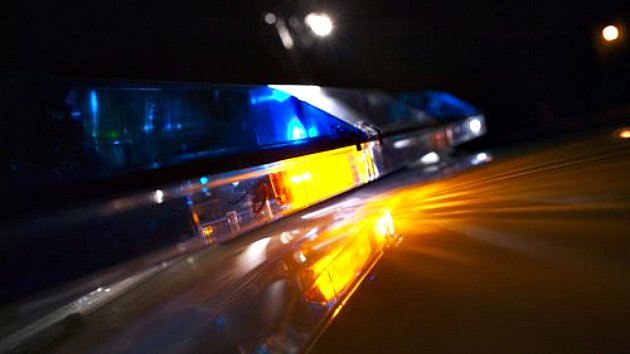At the urging of Texas Governor Greg Abbot, the Department of Public Safety (DPS) will not charge law enforcement agencies for state crime lab services beginning September 1. In a letter to DPS, the Governor asked DPS to not initiate the proposed charge for analysis of controlled substances, toxicology and DNA. Despite the state’s tight fiscal budget, Governor Abbott said it would be premature to consider charging law enforcement agencies. He said he would not allow the 13 DPS labs to be underfunded.
KSST News reported July 25th that the Texas Department of Public Safety had announced they would be charging all law enforcement entities that utilize their testing labs beginning September 1, 2017. The proposal had come as a surprise to Hopkins County Judge Robert Newsom and Sheriff Lewis Tatum as well as to City Financial Director Peter Karsten and Chief Jay Sanders. This sudden bit of budgeting news created some issues for budgets that were nearing completion for the county and, specifically, the Sheriff’s Department, as well as the budget process for the city.
Judge Newsom and Sheriff Tatum stated that the fees could cost the county department as much as $1,000 per week. The cost to the city had not been estimated.
The Wise County Sheriff, Lane Akin, had proposed charging DPS to house DPS inmates in his jail.
According to the General Appropriation Action passed by the 85th Texas Legislature, DPS would need to collect up to $11.5 million in fees for forensic analysis services in order to realize the full budge authorization for DPS crime labs. DPS was to begin charging law enforcement agencies for using certain crime laboratory services and had released a fee schedule for particular services. Included in fee charges are: $75 for alcohol analysis, $75 per controlled substance analysis, $150 for a toxicology test, $150 per quantitation sample analyzed, and $550 for DNA Analysis.
The budget for DPS labs is near $75-million per year. The Legislature provided the DPS lab system approximately $63 million for FY 2018-2019, and required up to an additional $11.5 million to be charged and collected (as stated above), which would make up the balance of the total authorized budget.





